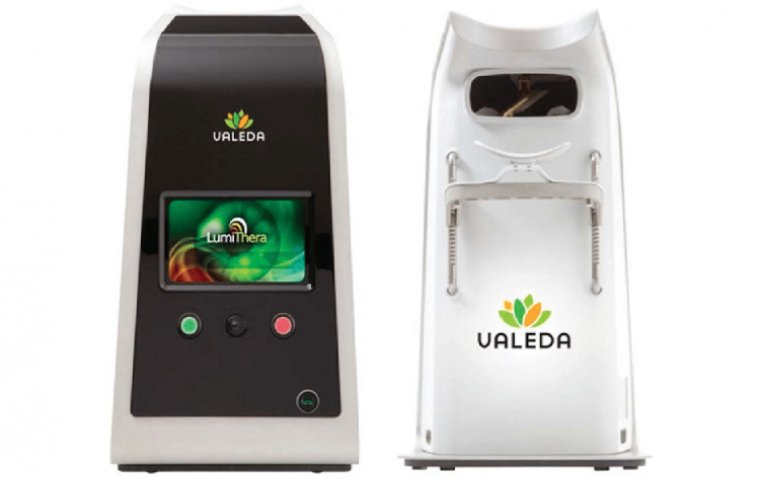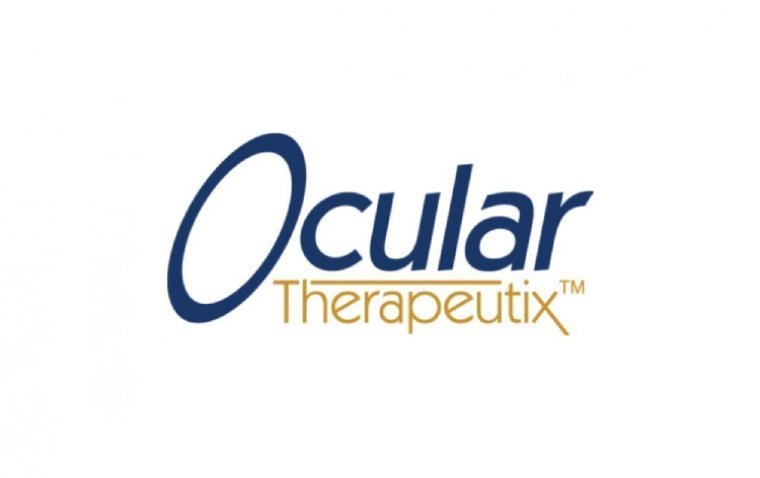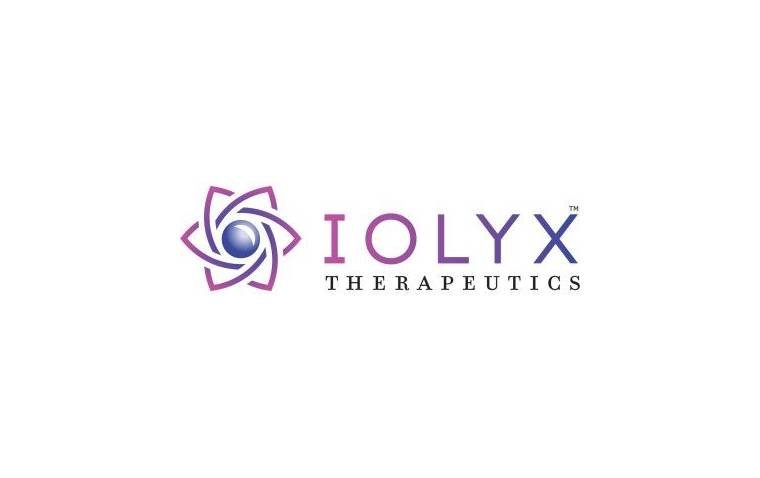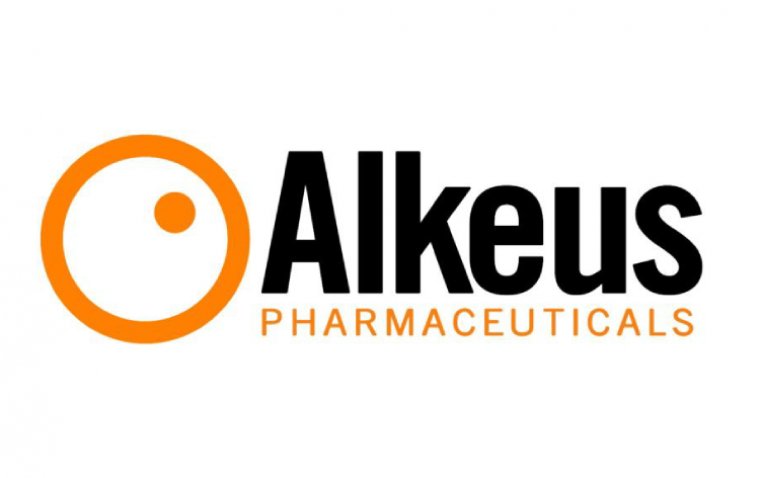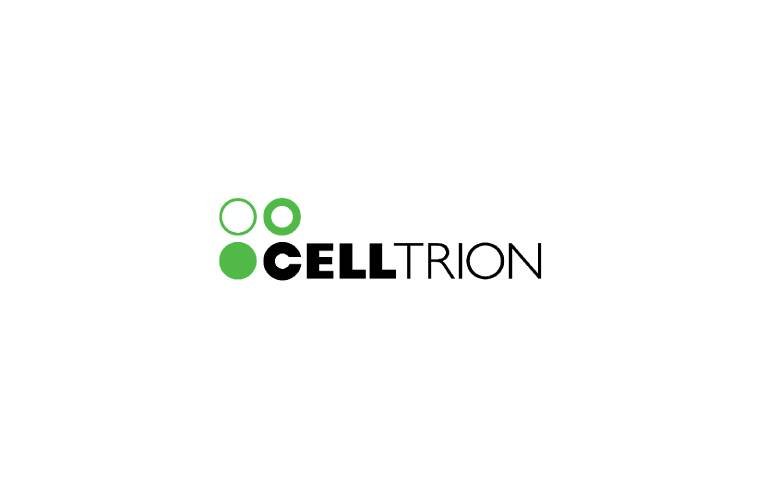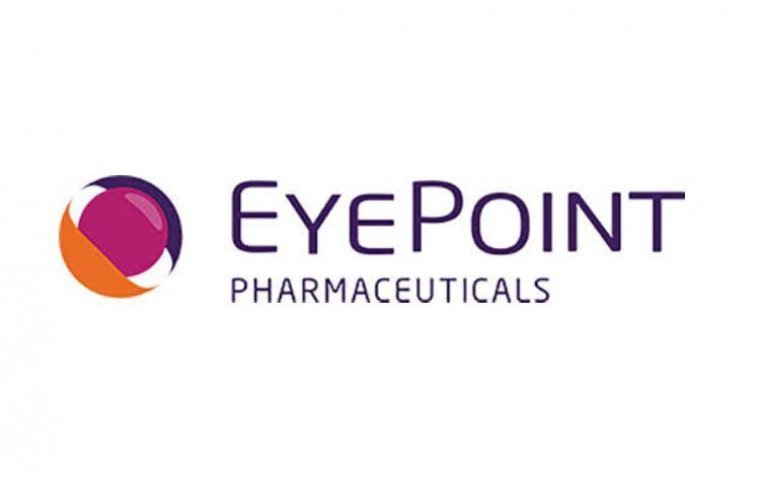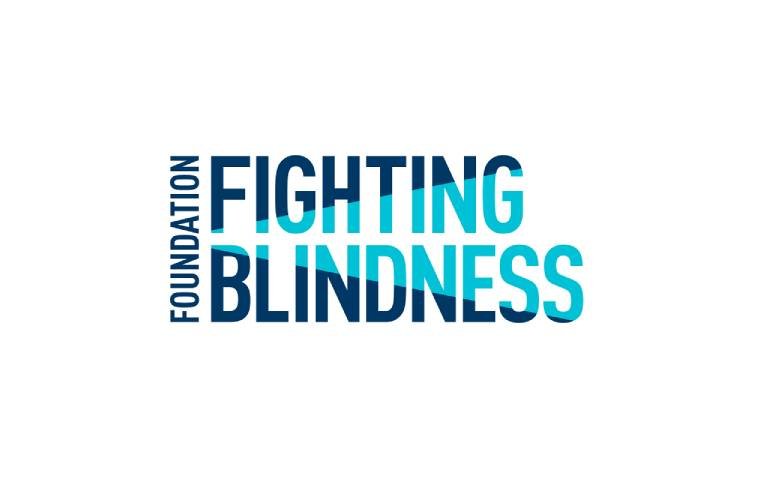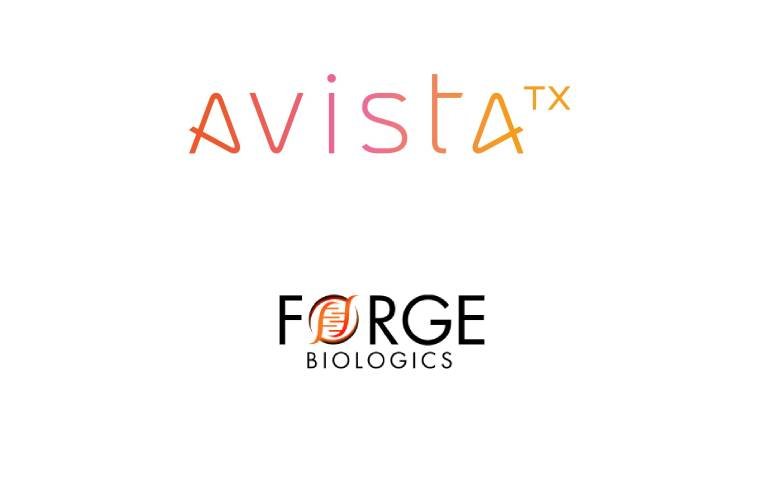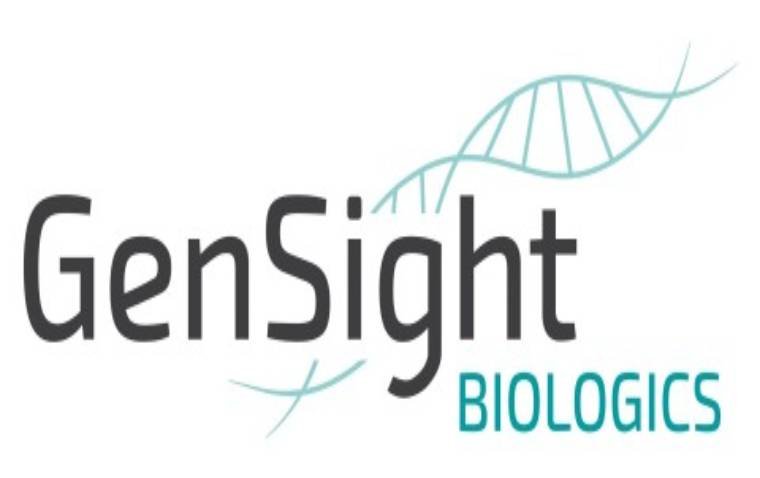
GenSight Biologics Publishes Meta-Analysis on Efficacy of Treatments for Leber Hereditary Optic Neuropathy
GenSight Biologics recently published a meta-analysis focused on assessing the efficacy of various treatments for Leber Hereditary Optic Neuropathy (LHON) due to the MT-ND4 mitochondrial gene mutation, known as ND4-LHON. The study, which appears in Survey of Ophthalmology, represents a significant step in understanding treatment outcomes for this severe visual condition.
Overview of the ND4 Mutation in LHON and Its Impact on Vision
The MT-ND4 mutation is recognized as the most prevalent cause of LHON, leading to a particularly severe decline in visual acuity. This mutation results in rapid vision loss, often leading to irreversible blindness in both eyes and significantly impacting patients' quality of life.
Scope and Significance of GenSight’s Meta-Analysis
This study by GenSight is the first to comprehensively evaluate and compare the effectiveness of approved and experimental treatments for ND4-LHON. The meta-analysis offers critical insights into visual recovery outcomes among three patient groups:
• Patients treated with GenSight's Lumevoq gene therapy
• Patients treated with idebenone
• Untreated patients experiencing the natural course of ND4-LHON
The findings reveal a clear "gradient of efficacy," with Lumevoq gene therapy showing the highest visual recovery rates, followed by idebenone. Both treatments significantly outperform the natural progression of ND4-LHON, which generally leads to chronic and severe vision impairment.
Clinically Relevant Recovery (CRR): Key Metric in Treatment Efficacy
One of the principal metrics in the study is the Clinically Relevant Recovery (CRR) rate, which assesses the consistency and quality of visual recovery across different treatment regimens. According to the analysis:
• Lumevoq gene therapy achieved a CRR rate three times higher than untreated patients.
• The CRR rate with Lumevoq also considerably exceeded that of patients treated with idebenone.
This highlights the superior efficacy of Lumevoq in promoting visual function recovery for ND4-LHON patients.
Expert Insights on Treatment Outcomes for ND4-LHON
Dr. Nancy J. Newman, LeoDelle Jolley Professor of Ophthalmology and Neurology at Emory University and lead author of the study, emphasized the importance of this meta-analysis in comparing treatment efficacy for ND4-LHON. She commented:
“For the first time, we clearly demonstrate a gradient of efficacy in visual outcomes, more marked for Clinically Relevant Recovery (CRR) than for final best-corrected visual acuity (BCVA), with lenadogene nolparvovec gene therapy superior to idebenone treatment, and both superior to the natural history of the disease.”
This comparative data is essential for guiding future clinical approaches to managing ND4-LHON and highlights the therapeutic potential of gene therapy.
Updated Findings and Data Integration
The publication integrates recent findings, including data presented at the 2024 North American Neuro-Ophthalmology Society annual meeting. It also includes new analyses of best-corrected visual acuity (BCVA) outcomes and findings from the recently concluded LEROS trial for idebenone. This updated information reinforces the efficacy gradient observed across treatments, with Lumevoq maintaining its position as the leading therapeutic option for visual recovery in ND4-LHON.
Resource:
Meta-analysis of treatment outcomes for patients with m.11778G>A MT-ND4 Leber Hereditary Optic Neuropathy, Survey of Ophthalmology.
(1).jpg)
